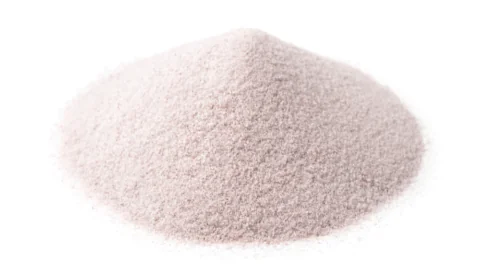January 21, 2024
Publishing in Aging, researchers have reversed the early aging of prenatally harmed young mice by exposing them to a more enriched environment. Young organisms born old Newborn rodents from sleep-deprived mothers have conditions that are biologically similar to the processes of aging. One rat study found that maternal sleep deprivation causes these animals to be...
September 15, 2023
A review paper published in GeroScience has detailed a substantial amount of research into the ways that environmental pollutants accelerate aging. A new model for an old problem This paper begins with the well-known fact that age-related diseases, defined here as age-related non-communicable diseases (NCDs), are extremely prevalent throughout the Western world. These include such...
June 22, 2023
In a controlled human study published in Frontiers in Public Health, Iranian researchers have demonstrated that resistance training and creatine supplementation are effective in helping older people retain their strength. Strength training isn't just for athletes It is widely known that weightlifting and other resistance training activities become less effective with age, a phenomenon...
January 16, 2023
A new paper published in Nutrients shows that the well-known NAD+ precursor NMN alleviates lung injury caused by silicate inhalation in wild-type mice. An antioxidant approach to a common problem Nicotinamide mononucleotide (NMN): Benefits and Side EffectsNicotinamide mononucleotide (NMN) is a precursor of the coenzyme NAD+, which serves critical functions in our cells. The decline...
December 15, 2022
Publishing in Free Radical Biology and Medicine, a team of Chinese researchers has investigated the potential role of autophagy in fighting oxidative stress and potentially staving off age-related macular degeneration (AMD). AMD, oxidative stress, and autophagy AMD comes in two major forms. In the nonexudative (dry) form, material builds up behind the retina, while in...
January 12, 2022
A recent study published in Biogerontology has discovered a potential new aging biomarker and longevity therapeutic target [1]. Isthmin 1 (Ism1) in aging fish Ism1 is not a well-known protein, but it has been shown to play a role in multiple aspects of biology. It contributes to tumor suppression [2,3], is essential during organ development...






